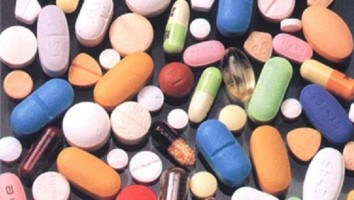
The Food and Drug Administration has granted accelerated approval to pembrolizumab for adult and paediatric patients with recurrent locally advanced or metastatic Merkel cell carcinoma (MCC).
Approval was based on Cancer Immunotherapy Trials Network protocol 9 (CITN-09), also known as KEYNOTE-017 (NCT02267603), a multi-centre, non-randomised, open-label trial that enrolled 50 patients with recurrent locally advanced or metastatic MCC who had not received prior systemic therapy for their advanced disease.
Patients received pembrolizumab 2 mg/kg every 3 weeks.
The major efficacy outcome measures were overall response rate (ORR) and response duration assessed by blinded independent central review per RECIST 1.1.
The ORR was 56% (95% CI: 41, 70) with a complete response rate of 24%.
The median response duration was not reached.
Among the 28 patients with responses, 96% had response durations of greater than 6 months and 54% had response durations of greater than 12 months.
The most common adverse reactions of pembrolizumab reported in at least 20% of patients who received pembrolizumab as a single agent were fatigue, musculoskeletal pain, decreased appetite, pruritus, diarrhoea, nausea, rash, pyrexia, cough, dyspnea, constipation, pain, and abdominal pain.
The recommended pembrolizumab dose for MCC is 200 mg administered as a 30-minute intravenous infusion every 3 weeks for adults; 2 mg/kg (to a maximum of 200 mg) administered as a 30-minute intravenous infusion every 3 weeks for patients less than 18 years of age (paediatric patients).
We are an independent charity and are not backed by a large company or society. We raise every penny ourselves to improve the standards of cancer care through education. You can help us continue our work to address inequalities in cancer care by making a donation.
Any donation, however small, contributes directly towards the costs of creating and sharing free oncology education.
Together we can get better outcomes for patients by tackling global inequalities in access to the results of cancer research.
Thank you for your support.